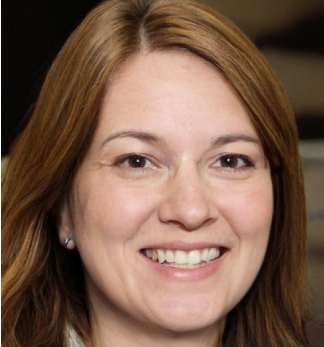Health Equity Grants Available in DC
To hear the mainstream media tell it, Washington DC is one of the most upscale, happy places on the face of the planet. The news media always depicts DC in a positive light when they're running stories about the district. They're bragging about its restaurants, its housing, and the fact that most people in Congress live there. However, the people in DC tell a different story entirely. They tell a story of a vast and stark dichotomy between the haves and have nots of the District. There are literally thousands of programs in the District for its low income residents. One of the newest is a series of grants that are aimed at closing the health disparities between the low income residents and people who earn a decent living and have quality healthcare. The basic gist here is that a private organization from the area is going to help low income residents pay off their medical debt.
Like most grants you're going to find these days, it's a public-private partnership here. The Greater Washington Community Foundation receives a lot of its funding via the government, and so they're going to offer up $9.2 million in funding from their Health Equity Fund to be given to 32 separate nonprofit groups in order to hand this money out all over the District. The goal here is to offer some medical debt relief to thousands of different low income residents in DC who are being held down by medical debt.
Medical debt is a very crippling form of debt in America. With most sorts of debt you may accrue in America, it's only going to ultimately reflect negatively on your credit score. There aren't any more debtor's prisons like old England, but owing money can keep you from getting a mortgage or a credit card. With medical debt, however, Big Pharma owns so much of the government that they're legally allowed to garnish your wages for not paying. Yes, this means that large medical corporations have been granted legal privileges to reach into your private paycheck and to take money out, if you end up owing them money. This is a huge issue for the poorest Americans. They already have to work harder to get ahead, but then it could be a wasted effort if corporations are just allowed to reach in and take money. So, these grants are definitely needed for many residents in the DC area.
Critics Have a Different View of Equity
One of the biggest issues people have with grant initiatives like these is that they're focused on this word "equity," which has a very specific meaning in America. In the United States, whenever you see these sorts of programs running with the word "equity" in them, they mean racial minorities or some other protected class exactly 100% of the time. So, as a lot of comments on the mainstream news sites are suggesting, critics agree that something needs to be done about soaring medical costs and the fact that corporations can just reach in and take whatever they want from someone's private paycheck. Where they find an issue is in giving these grants only to racial minorities, as if no one else is struggling with crippling debt. "You don't have to be black to be poor," someone commented on an MSN article. "You just have to be one of the 160 million Americans below the poverty line." Even still, these new initiatives are all controlled by intersectional companies, which means that they refuse to help just people as a category. Poverty, if addressed, must "intersect" with things like racial groupings, based on the belief that black people are an oppressed race.
Everyone has opinions on this topic. This isn't the place to argue whether or not black Americans are oppressed. The point here: Medical bills aren't the place to argue this either. It's hard to get people to agree on a problem when the mainstream of America wants to claim that X group or Y people are more negatively impacted by that problem. This is something that Americans witnessed during Florida's most recent hurricane. As Ian wreaked havoc upon thousands of Florida homes, the Vice President of the United States, Kamala Harris, literally said in a speech that only nonwhite people would receive help.
If people need help, they need help. Creating special categories of help just polarizes Americans and does nothing at all to address the real problems affecting everyone.












